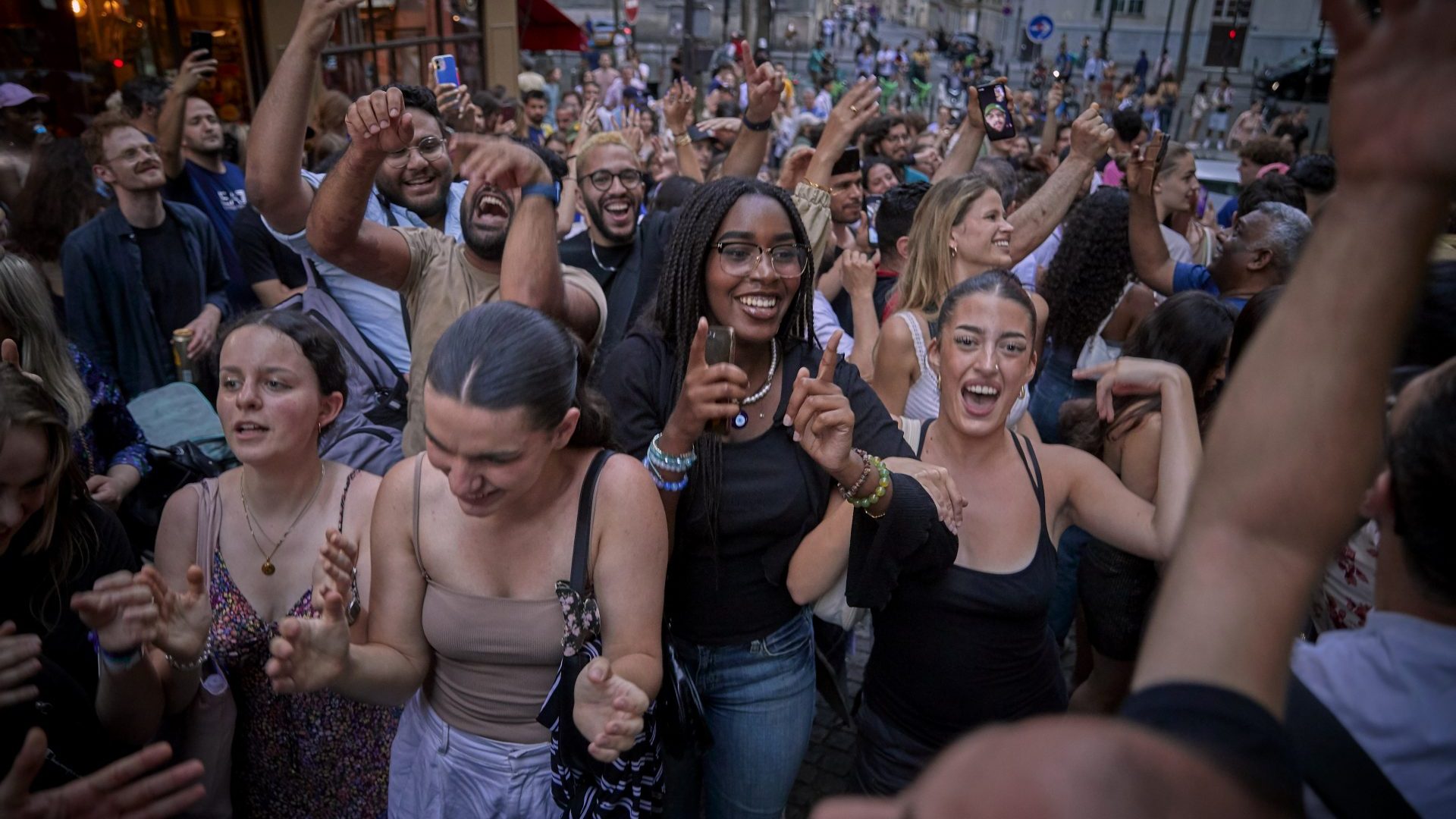At a polling station in Valencia, the droning rattle of air conditioner units fill the air. Outside voters fan themselves with campaign fliers beneath a block of acrylic blue sky, with not a cloud in sight. People come and go in their sunglasses and sandals. They step out of the blazing sun and into the shade with sighs of relief.
Spaniards have gone to the polls twice in as many months now. The centre-right Partido Popular (PP), led by Alberto Núñez Feijóo, surged in regional and municipal elections in late-May. Back then they won town halls off the Socialists.
The far-right Vox party also made gains across the country. It’s now Spain’s third political force. The vote also killed off the socialist PSOE’s coalition partner, Podemos, the far left party, following a string of unpopular social reforms. Pedro Sánchez, the socialist PM, was punished for a perceived reliance on leftist radicals as well as separatist forces, particularly EH Bildu, the political wing of defunct Basque terror group ETA.
Sánchez gambled and called a snap election, aiming to mobilise the left and scare wavering centrist voters away from a potential coalition of conservatives and the hard right. Sánchez reminded Spaniards that despite historically difficult circumstances, the Spanish economy was doing rather well. Inflation in June fell to 1.9 percent, one of the lowest rates in Europe.
But it didn’t seem to matter. In Spain it isn’t the economy, stupid – not in this election, at least. The polarised political conditions and the spectre of history reduced the campaign to culture. It was about emotions, not economics; feelings, not facts. Try as he might to avoid it, Sánchez was dragged into a culture war and portrayed as a power hungry authoritarian propped up by communists and Spain-hating separatists: “Sanchismo” as the succinct right-wing campaign slogan dubbed it. It had cut through, too, and the idea of defeating Sanchismo seemed to appeal to centrist voters. Outside, Tomás, 73, shelters in the shade with his dog. “In my time I used to vote PSOE,” he says, “but now it’s Sanchismo, not PSOE.”
And then, a couple of weeks before the election, was the only face-to-face debate between Sánchez and Feijóo, his Conservative rival. Political pundits had predicted that the smooth, telegenic Sánchez would dominate the gawky Galician, but it was Sánchez who lost his cool – and the debate. The outcome was so unexpectedly positive for Feijóo that soon the question became not whether his party, the PP, would win, but if it would need to govern with the far-right.
At dusk in Valencia, a chorus of chirping crickets vibrates through the city. Polling day is drawing to a close. The shadows are longer now, only the tops of apartment blocks basking in what remains of the sunlight. Socialist party supporters leave looking downtrodden, awaiting their fate. Groups hang around in the streets, drinking and smoking, sunflower shells crunching underfoot, post-election analysis wafting through the hot air. Waiting outside, Pedro, 35, sighs. The prospect of the hard-right Vox party in government, he says, “seems like suicide for Spain… and a step backwards.”
At midnight muffled TV sets echo through the apartment blocks. But as the results come in, it seems the polls were wrong: the conservative PP does not have a majority, with or without Vox. PP won the most seats but the PSOE vote held up. With Vox losing seats to Partido Popular, Sánchez has more coalition options and could still govern with the support of regional parties.
In the early hours of the morning, both leaders emerge on balconies at their party headquarters. Feijóo claims that “as the candidate of the party that won the most seats, I believe it is my duty to try and form a government.” But the PP’s lack of a majority, Sánchez tells a celebratory PSOE rally, shows that “the regressive block made up of the Partido Popular and Vox was beaten.”
If Sánchez’s snap election gamble was intended to prevent the far-right from entering government, it seems to have worked – for now, at least. So begins the complicated legislative arithmetic of coalition building and backroom deals. That, or another election later this year.



